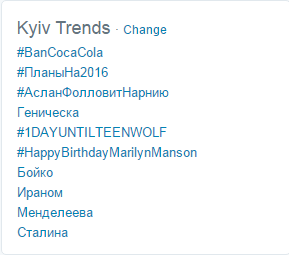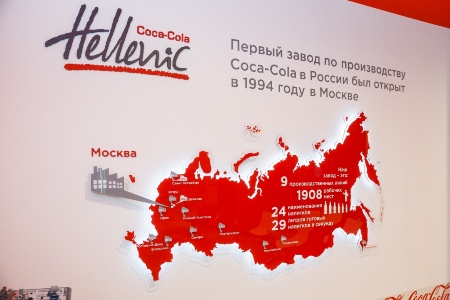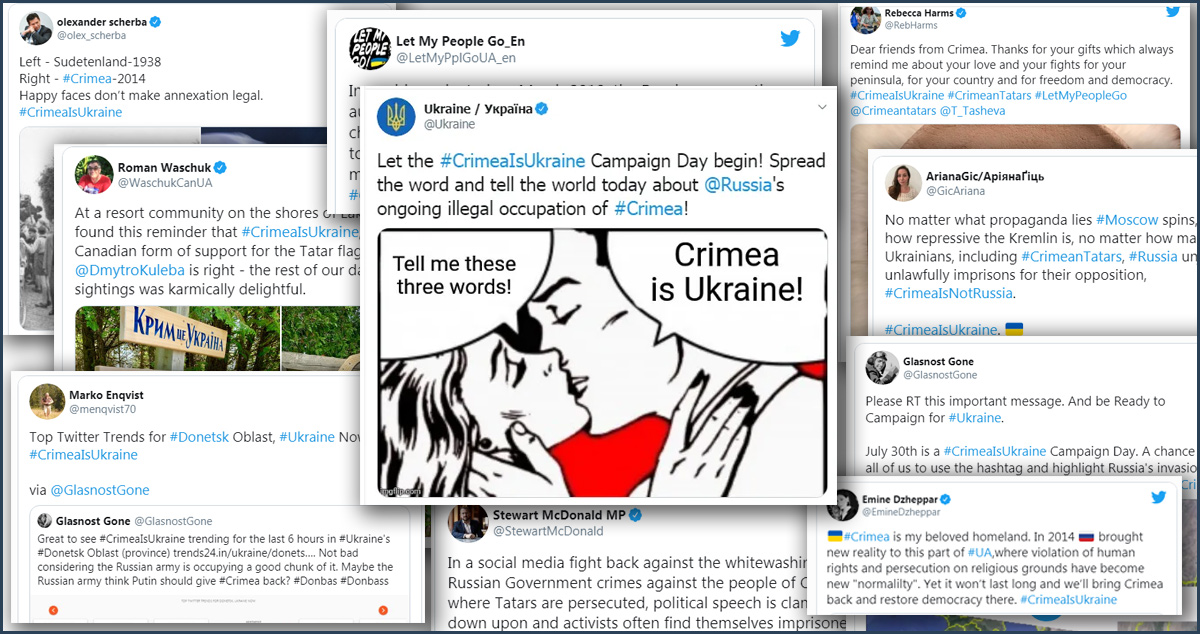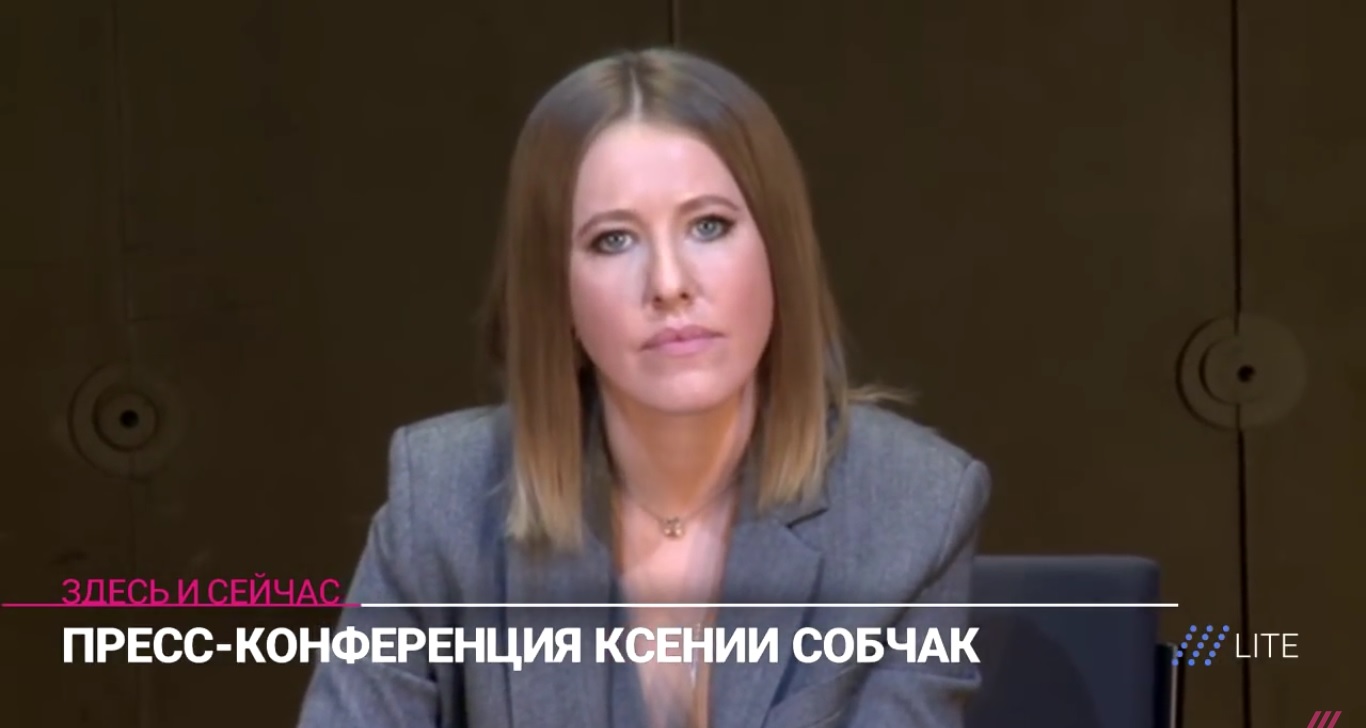On 30 December 2015, Coca-Cola published a map of the Russian Federation, introducing its holiday marketing campaign. Following outrage among Russian clients that the map did not include Kaliningrad Oblast, the Kuril islands which Russia still disputes with Japan, and annexed Ukrainian Crimea, the brand decided to change its map to include these territories. On 5 January 2015, after the first wave of Orthodox holidays was over, Coca-Cola officially apologized on its fanpage on VK.com, the most popular social network in Russia.
"Dear members of the community! Accept our sincere apologies for the current situation. The map has been changed! We hope for your understanding!" the official message stated.

Coca-Cola in the center of an international scandal
This time, the outrage came from Ukrainian Coca-Cola customers. On January 5, the hashtag #BanCocaCola made it to the top of Ukrainian twitter trends, and the social media campaign seems to be picking up speed.

"I suggest that Ukraine's citizens bring Coca-Cola company down to earth and refuse buying its products, meanwhile reminding that no country of the world, including Coca-Cola's homeland (USA), acknowledges Crimea as a Russian territory. The events on the peninsula are called occupation, in regards to which the Russian Federation is a subject to economic sanctions," Mustafa Nayem, an MP from presidential Petro Poroshenko Bloc party wrote on Facebook.
He also reminded, that the company sells in Ukraine a range of other products such as Burn, Fanta, Sprite, Schweppes, Bon Aqua, Nestea, and juices Rich, BotaniQ and "Добрий."
While in reality several countries do recognize the legality of the so-called "referendum" of 17 March 2014, most nations, including the USA, have rejected
it. By publishing a map showing Crimea as part of Russia, Coca-Cola, a US company, contradicts its government's official international position.
Oleh Tyahnybok, the leader of nationalistic "Svoboda" party, demanded banning Coca-Cola in Ukraine. "We need to ban immediately in Ukraine this American company that de-facto recognized Crimea to be Moscow's. I'm curious what the reaction is of the US embassy in Ukraine?" he wrote on Facebook.
While the US embassy in Ukraine has not yet published a statement, the embassy of Ukraine in the USA has notified on its facebook page that it "expressed its concerns to the Coca-Cola company and the US Department of State" about the map and "emphasized that Coca-Cola’s actions violate the official US position condemning Russia’s illegal occupation of Crimea."
In an official comment for Ukrainska Pravda outlet, Ukrainian branch of Coca-Cola apologized for the "misunderstanding". "We do not support any political movements and parties. Our goal is to produce high quality beverages. We work for peace and comply with the international law," states the message.
The controversial post has been deleted from VK.com. "We made the decision to delete this post, though the was not meant to have geographical precision, it was perceived differently and caused discussion."
Now, this move puts the brand under fire from both Russian and Ukrainian sides. As the Grani.Ru portal aptly put it
, "Coca-Cola apologized to the occupiers for the map of Russia without Crimea, and to Ukrainians for the map of Russia with Crimea."
Brands just never minded
Back in the end of 2014, Crimea was already Russian, according to Coca-Cola. The interactive museum "World of Coca-Cola" was opened in late December 2014 in Moscow. A map demonstrating the history of brand's factories in Russia already legitimized the annexation of Crimea.

On Coca-Cola's Argentinean page, the disputed Falkland Islands, which Argentina claims sovereignty over, belong to Argentina.

Pepsi, the rival soda company that might have benefited from the situation, is no better off than the competitor, having itself published a map with a Russian Crimea, initiating a new hashtag #BanPepsi. "Pepsi hopes it will blow over. Let's remind them: Crimea is Ukraine," Ukraine's ambassador to Austria Oleksandr Shcherba wrote on his Twitter account.
https://twitter.com/olex_scherba/status/684414138676809730
https://t.co/ZAwOFmRmzI For #CocaCola, it’s just business. Just like these vyshyvanka hippies. #Ukraine #BanCocaCola pic.twitter.com/ZodSplokNI
— Ukrainian Updates (@Ukroblogger) January 5, 2016
Meanwhile, Ukrainian social network users keep producing Coca-Cola memes, recalling even the company's use of Nazi symbols during the Third Reich.







